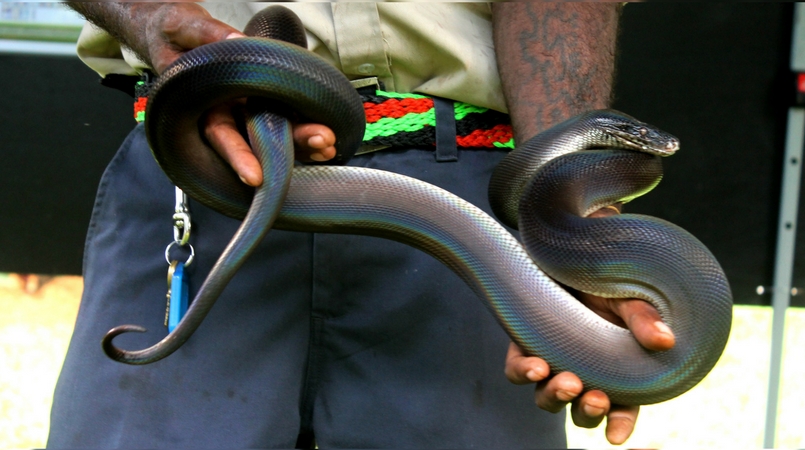
Information is power! It is also “safety” and many other things.
A group of researchers in PNG who aim to reduce the number of snakebite cases, which at the moment stands at an estimated 1000 per year, sees this as an important tool.
Charles Campbell Toxinology Centre is a collaboration of the University of Melbourne (UoM) and the University of Papua New Guinea (UPNG) with the primary focus to improve the treatment of snakebite in PNG though their research.
Adding on to their research, the group also attends community event such as the Independence Day Festivals and the recent World Wildlife Day, where they put up stalls and provide information and hand-outs about snakebite and conduct first aid demonstrations.
CCTC is currently working on producing a poster for health centres toeducate people about how to avoid and prevent snakebites.
These include making changes around their homes and communities like cleaning and tidying up, wearing gum boots, carrying a bandage, learning snakebite first aid, using a torch at night, safe and unsafe activities, etc.
“We would love to conduct more community based work and medical training courses, however lack of sufficient funding, staffing and time are the restricting factors unfortunately.
“We are also working on finding a charity who will assist us to provide gum boots free of charge to communities at high risk of snakebite, then studying whether wearing gumboots reduced the incidence of snakebite in those areas,” said Diana Barr, Technical Support Officer, PNG Snakebite Project at the University of Melbourne.
